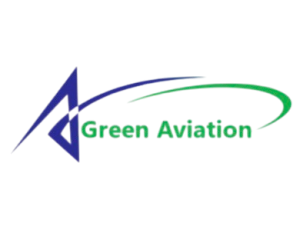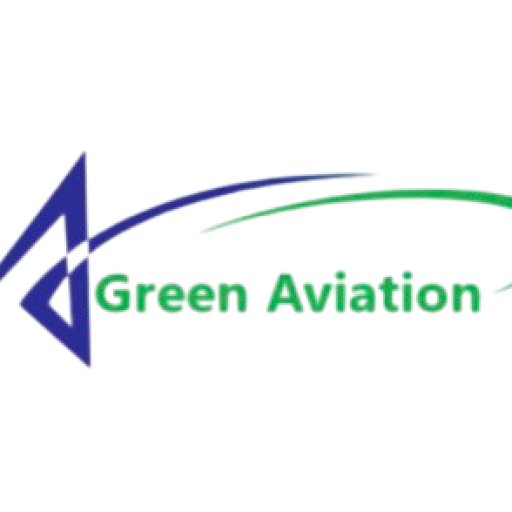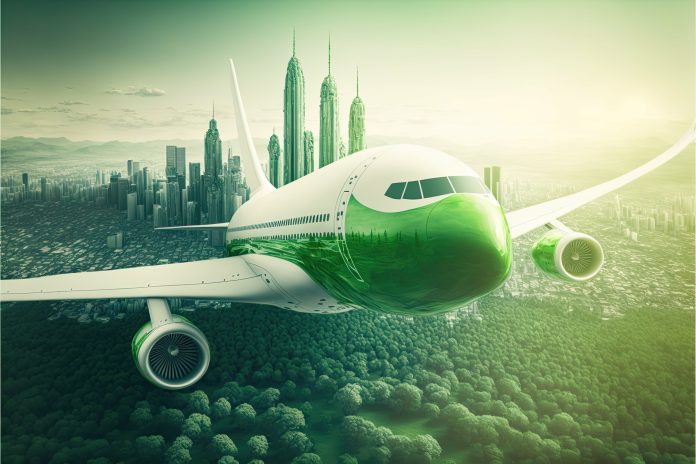Authors: Priscilla Zwiercheczewski de Oliveira, Luciana Porto de Souza Vandenberghe, Gustavo Amaro Bittencourt, Walter José Martinez Burgos, Carlos Ricardo Soccol
Publication Date: 9 August 2024
Category: SAF
Article Link: https://link.springer.com/chapter/10.1007/978-3-031-61637-2_8
DOI: https://doi.org/10.1007/978-3-031-61637-2_8
Abstract (Official): Sustainable aviation fuel (SAF) is an alternative to traditional fossil-based jet fuel produced from renewable feedstocks, such as forestry and agricultural residues, used oils, and algae, where they are essential to avoid competition with food production and reduce the carbon footprint of the aviation sector. The SAF market is currently limited due to challenges in feedstock availability, production costs, and regulatory frameworks. SAF is now more expensive to produce than traditional jet fuel due to the high cost of specialized refining processes, in which production techniques have been developed, including Fischer–Tropsch, hydroprocessed esters and fatty acids, and alcohol-to-jet. Each method has advantages and disadvantages, and research is ongoing to improve production efficiency and reduce costs. SAF widespread adoption faces several challenges, including feedstock availability, high production costs, few regulatory frameworks, and the need to scale up production to meet the increasing demand for air travel. Addressing these challenges requires an intensive effort from the aviation industry, policymakers such as subsidies, incentives, and mandates can help accelerate investment in SAF and encourage its adoption, research and development labors can help improve production efficiency and reduce costs, and researchers promote development, adoption, and efficient implementation. SAF has the potential to be a critical tool in reducing greenhouse gas emissions from aviation, in order to achieve carbon-neutral emissions; it is a viable alternative to traditional fossil-based jet fuels.
GAT Editor’s Comments:
– Availability of SAF is currently limited due to challenges in the availability of raw materials, production costs and regulatory issues
– Costs to produce SAFs are higher than traditional jet fuel due to specialized refining processes: more research is needed in this area to increase production efficiency and reduce costs
– Scaling up production will be a further challenge
– All of these challenges will require the industry and policymakers to work together to encourage investment and further research in SAF


